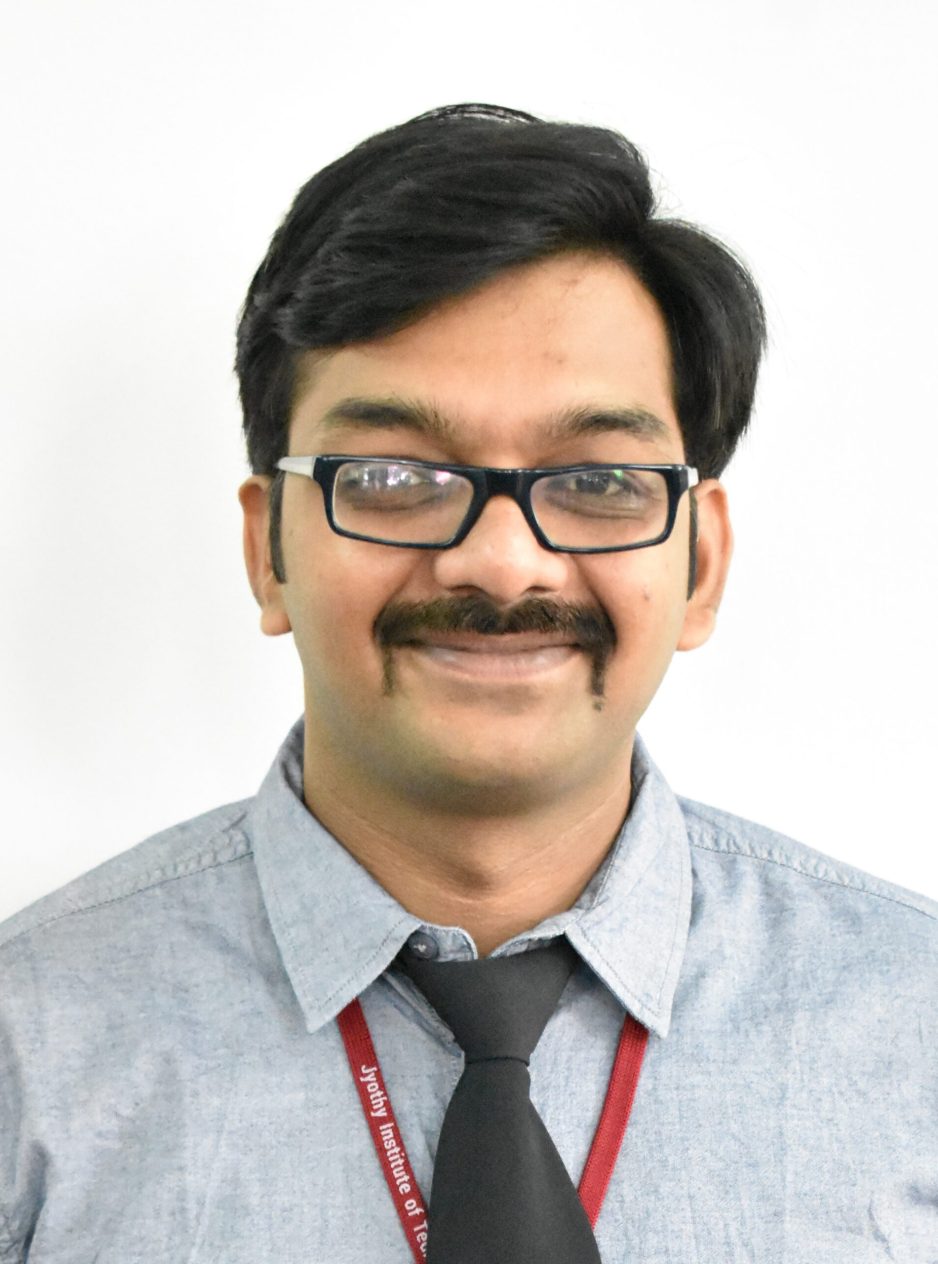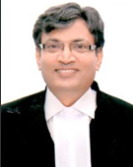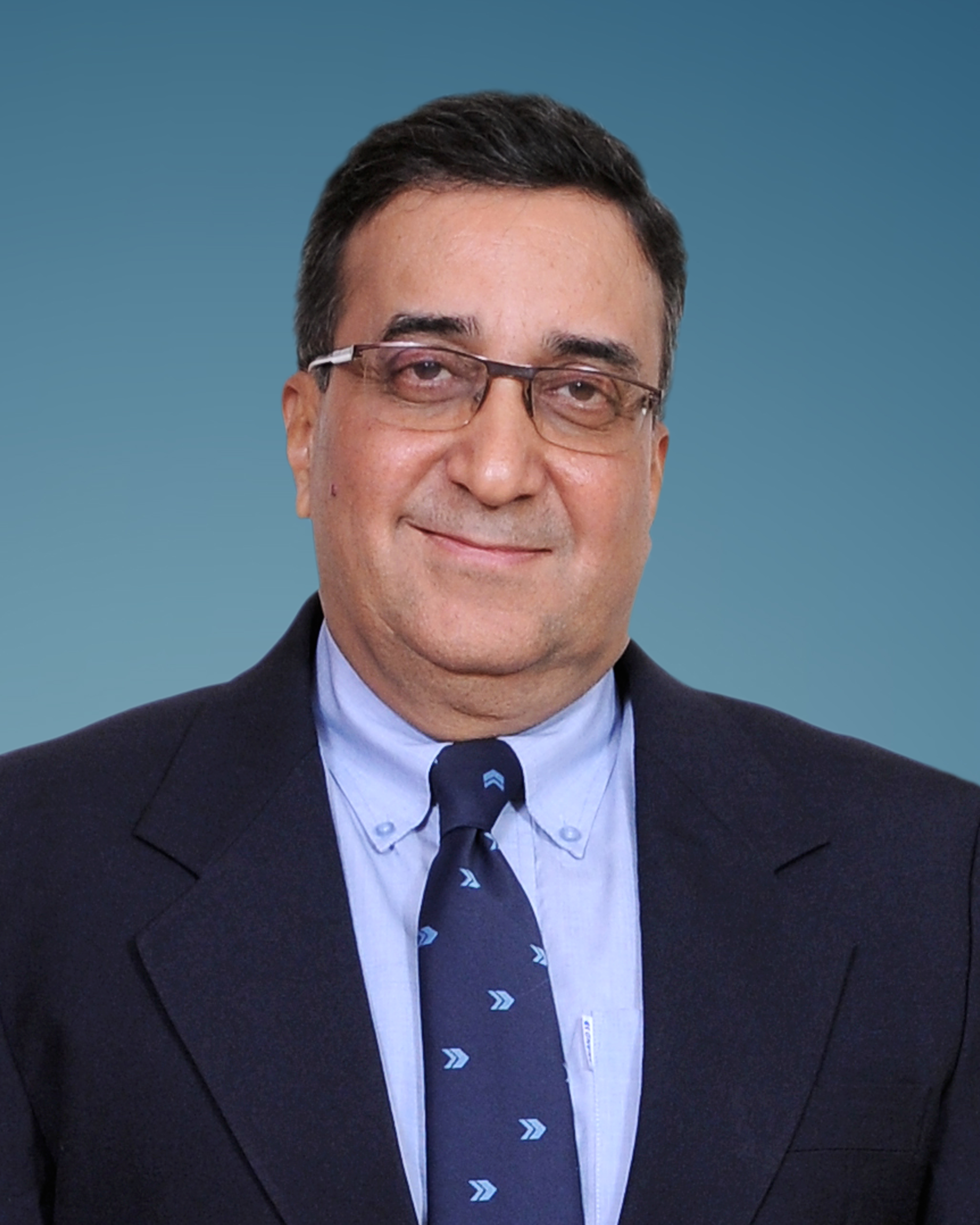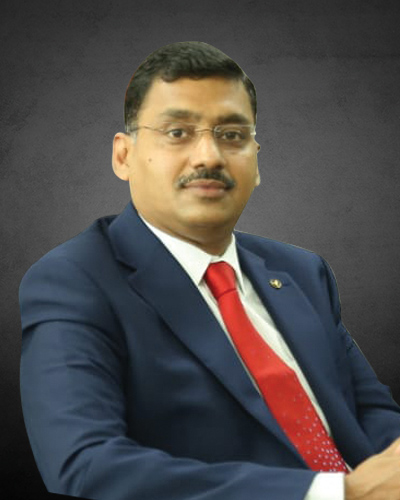How can a simple technology evolve into something that raises ethical questions worldwide? Deepfake technology, once merely an experiment in artificial intelligence labs, now stands at the forefront of discussions regarding misinformation and authenticity. The advancements in AI have made it possible to create hyper-realistic fake videos and images, challenging our perception of reality. This issue is not just confined to tech enthusiasts but has implications for everyone, from celebrities like Savannah James to educators preparing study materials for students.
The term Deepfake refers to media created using artificial intelligence techniques, where one person's likeness is superimposed onto another in videos or images. Siwei Lyu, a prominent researcher in this field, highlights the growing concern over detecting these manipulated contents. While deepfakes initially gained popularity through entertainment channels such as Telegram's MR DEEP FAKES, they quickly evolved into tools capable of misleading masses on a global scale. It’s imperative we understand both their potential misuse and the technologies being developed to counteract them.
| Name | Savannah James |
|---|---|
| Bio Data | Professional model and actress known for her work in high-resolution photography and film projects. |
| Personal Information | Date of Birth: Confidential | Place of Birth: United States |
| Career | Started modeling career at age 16; appeared in numerous campaigns and fashion shows globally. |
| Professional Achievements | Nominated for multiple industry awards; featured in Getty Images' premium collection. |
| Reference Link | Getty Images - Savannah James |
In educational sectors, the impact of reduced syllabi during unprecedented times has been significant. For instance, Mr. Deepak, an educator specializing in mathematics and science, contributed extensively towards creating study materials tailored to the revised curriculum for grades ranging from primary to higher secondary levels. His efforts ensured continuity in learning despite challenges posed by external circumstances. These resources included detailed lesson plans, question papers, and answer keys designed specifically for Tamil Nadu students adapting to new academic guidelines.
Meanwhile, cultural celebrations continue to embrace modern innovations while retaining traditional essence. Diwali, celebrated annually across India, witnessed unique adaptations this year with individuals finding creative ways to illuminate their homes. Social media personalities like @mr.deepak.e shared heartwarming posts showcasing festive decorations incorporating hot air balloon lights—a novel twist adding vibrancy to customary rituals. Such initiatives highlight how traditions evolve dynamically yet remain rooted in core values.
As seen earlier, deepfake technology permeates various domains including education, culture, and even hospitality services. At Preskil Island Resort located near Mahebourg, customer experiences are prioritized under management led by professionals like Mr. Deepak who ensures personalized attention throughout guests' stays. Reviews reflect satisfaction among patrons appreciating thoughtful arrangements despite time constraints experienced during visits.
Returning to technological aspects, detection mechanisms against deepfakes involve sophisticated algorithms analyzing minute inconsistencies often overlooked by human observers. Researchers affiliated with institutions like University at Albany contribute significantly toward refining these methods ensuring greater accuracy in identifying fraudulent content online. Their collaborative endeavors underscore importance placed upon safeguarding digital integrity amidst rapid advancements.
Furthermore, integrating such protective measures within mainstream platforms becomes crucial moving forward. Platforms hosting user-generated content must implement robust systems capable of distinguishing genuine uploads from potentially harmful ones swiftly and effectively. This proactive approach not only protects users but also maintains public trust essential for sustaining long-term engagement.
Looking ahead, addressing ethical dilemmas surrounding deepfake usage requires multifaceted strategies encompassing legislative frameworks alongside technological solutions. Policymakers worldwide need to collaborate closely with experts from diverse fields to draft regulations balancing innovation with accountability. Simultaneously fostering awareness campaigns aimed at educating general populace about risks associated with consuming unverified information remains equally vital.
Ultimately, whether discussing altered celebrity imagery or modified academic curricula, underlying principles emphasize transparency and responsibility. As society navigates complexities brought forth by emerging technologies, collective vigilance ensures progress aligns harmoniously with established norms promoting truthfulness and fairness universally.



